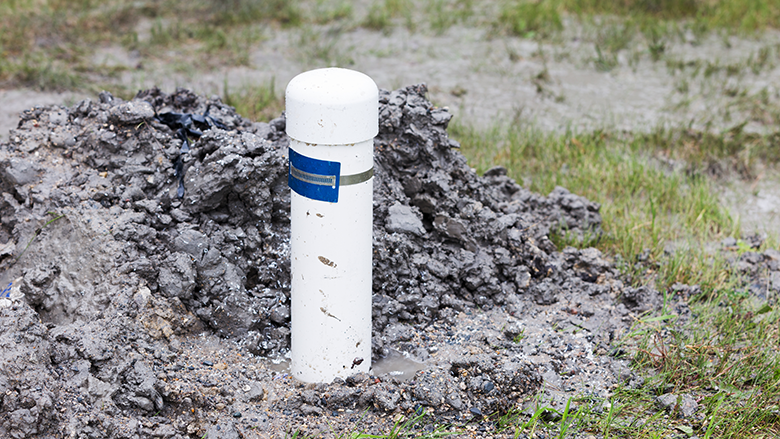A Deep Dive into Wells: How They Work and their Importance

Wells are an essential source of water for millions of people worldwide. They are often the primary source of irrigation water for agriculture and livestock, helping to sustain economies and nourish communities. Wells are also used for industrial and commercial purposes, such as mining, manufacturing, and cooling systems. But how do wells work, and why are they crucial? This comprehensive article will explore the inner workings of wells, their importance, and maintenance.
First, we must define a well. A well is a hole drilled into the ground to access groundwater stored in or near underground rock formations. Wells pump water to the surface utilizing a variety of methods, including hand pumps, submersible pumps, and solar-powered systems. The drilling process can be time-consuming and expensive, but they produce a sustainable, reliable source of freshwater. Wells are crucial, especially in areas where surface water sources such as lakes, rivers, and streams are scarce.
Several types of well exist, such as dug wells and bored wells, which require manual excavation and drilling, respectively. On the other hand, machine-drilled wells harness specialized equipment, which drills the hole into the ground using a bit or auger. The equipment is powered by a motor and is capable of drilling deep holes in most soil types and subsurface conditions. Once the well is complete, it requires regular upkeep and maintenance to ensure it yields a consistent supply of clean, healthy drinking water.
Another vital aspect of well functioning is not solely dependent on the well’s construction but the geology of the surrounding area. A well must be situated in an area that has permeable rock formations that will allow water to flow into the well. Good geology is only part of the picture; care must be taken to ensure wellheads are positioned to minimize contamination from the surface and other aquifers. Groundwater contamination is a problem that can lead to detrimental health effects, and it must be actively avoided.
With the many advantages of wells come responsibilities and difficulties. Wells can become contaminated by natural or human-made sources, making the water toxic, unusable, and a health risk. That’s why proper well maintenance and testing protocols are critical. If you rely on a well for your water, it’s important to understand the need to periodically test your well, maintain it correctly and avoid illegal dumping or other practices that may result in groundwater contamination.
In conclusion, wells are a crucial source of water for many communities across the globe. They provide clean, freshwater and support domestic, agricultural, and industrial activities. However, adequate well construction, choosing the right well drilling method and location, routine maintenance, water quality testing, and necessary feed protection measures should be taken to avoid harmful health effects and encourage maximum yield. By understanding the importance and care required to sustain a well, you’re investing in your family’s health and the environment’s sustainability.


 Facebook
Facebook
 X
X
 Pinterest
Pinterest
 Copy Link
Copy Link